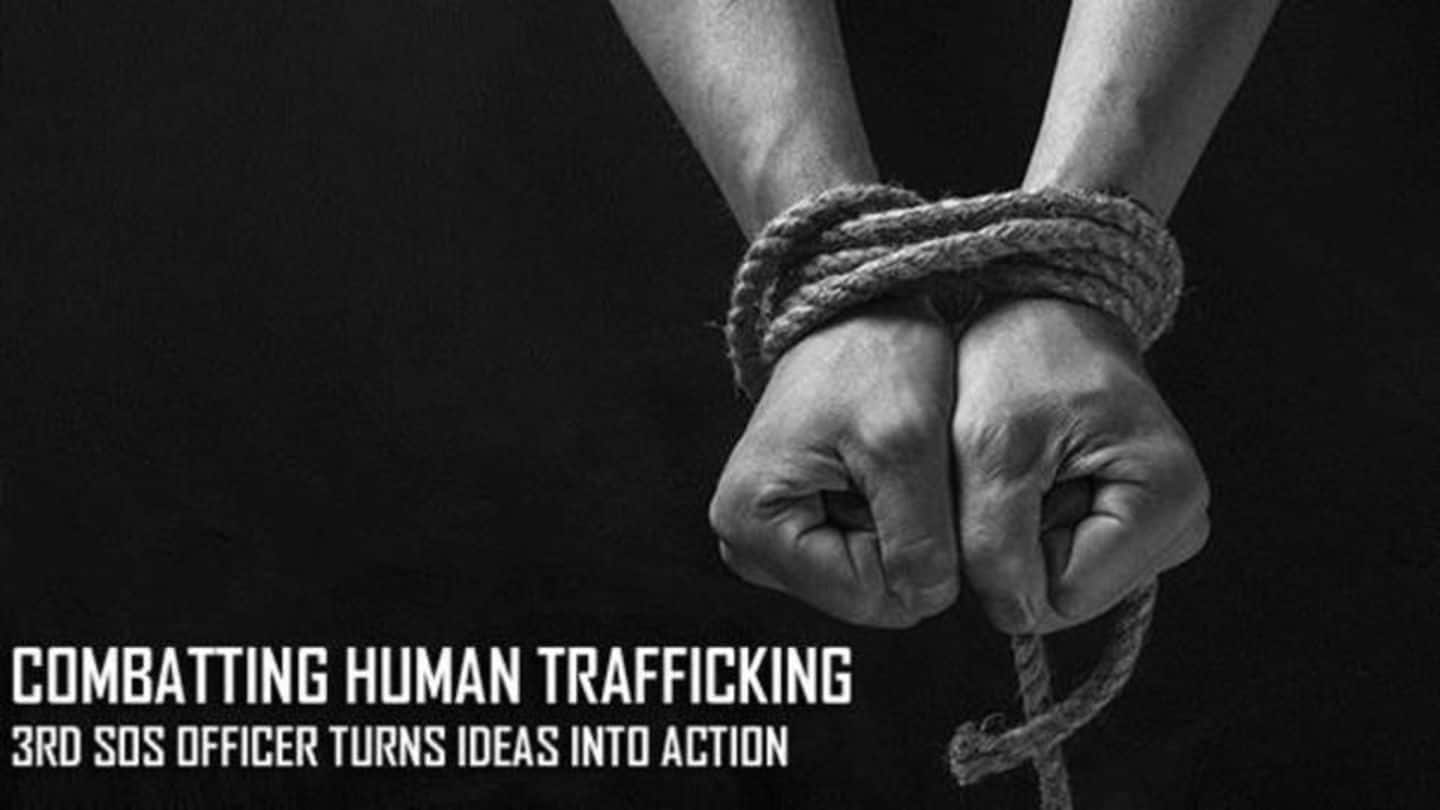Report: 40 million people trapped under clutches of modern slavery
What's the story
Decades after its abolition, the ugly practice of slavery continues to thrive in modern times.
A new study has found that in 2016, at least 40 million people were trapped under the clutches of modern slavery.
The first of its kind study has been conducted by anti-slavery groups such as the International Labour Organization and the International Migration Organization.
Quote
Why are the latest estimates significant?
Anti-slavery groups have used different methodologies and definitions for past studies resulting in varying figures. "Now finally everyone has come together and has worked on developing one global estimate that becomes a reference point," said Houtan Homayounpour, a forced labor specialist at the ILO.
Key highlights
What did the study find?
At least 24.9 million victims were trapped working in construction sites, factories, farms, and as domestic or sex workers.
While modern slavery is prevalent in all nations, it is most common in Africa (7.6 per 1,000 people) followed by the Asia-Pacific (6.1 per 1,000).
The global average stands at 5.9 per 1000 people.
The crime of slavery generates illegal profits worth $150 billion annually.
Data
World is home to 10 million child slaves
The report has found that one in every four slaves in the world is a child. According to a separate ILO report, there are at least 152 million child laborers in the world. About two-thirds of them were employed in family farms or businesses.
About
The plight of forced laborers
The report covered forced labor under state-imposed labor, sexual exploitation, and the private economy.
"Forced laborers produced some of the food we eat and they have cleaned the buildings in which many of us live or work," it states.
Half of all workers were forced into bondage to pay off debts/obligations.
Around four million adults and one million children were victims of sexual exploitation.
Information
Better migration governance is vital to prevent modern slavery
Tracing many instances of modern slavery to migration, the organizations who participated in the study argued for improved migration governance. "Improved migration governance is vitally important to preventing forced labor and protecting victims," the report said.
